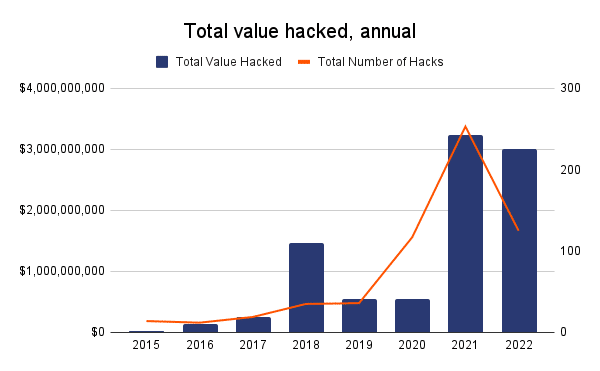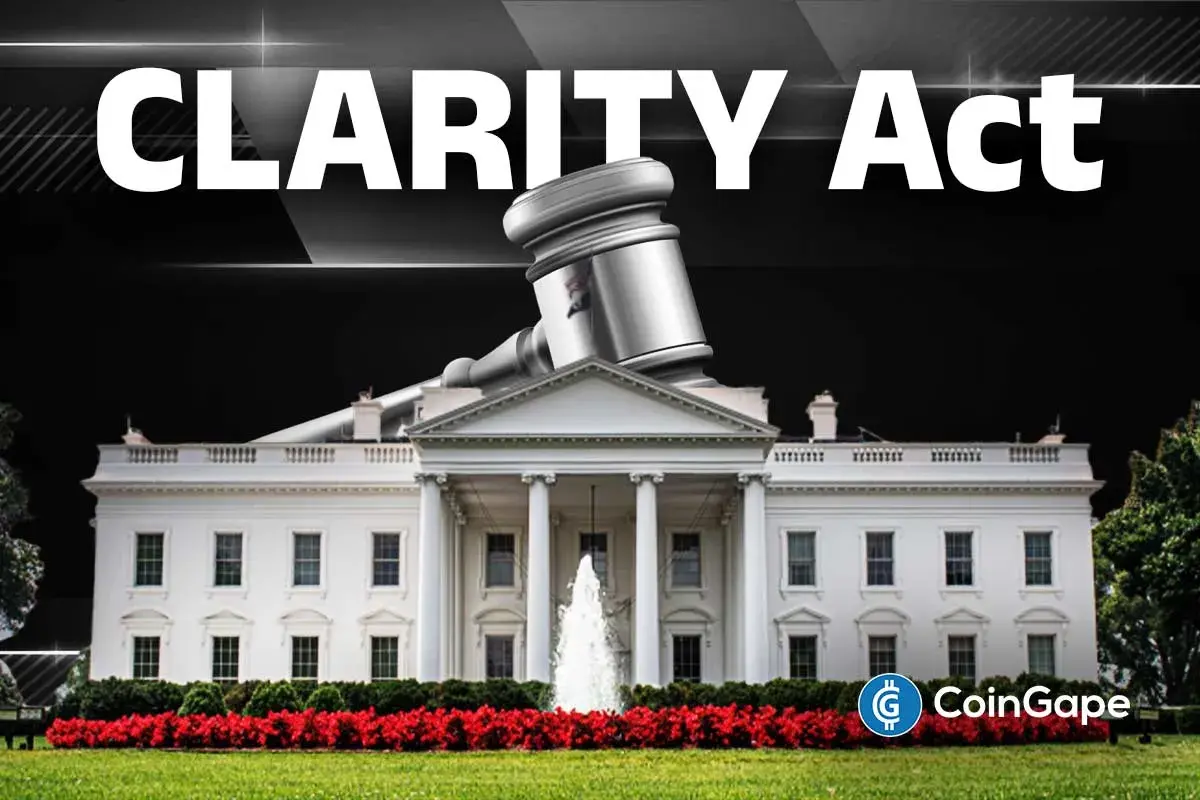October Turns Out the Biggest Month for Crypto Hacks in 2022

We have yet to complete the first half of October and this month is already turning out to be the biggest month for crypto hacks in entire 2022. So far this month, more than $718 million have been lost to crypto hacks. The total value hacked in October has already surpassed the numbers of March 2022.
Note that this entire stolen amount is from several different DeFi protocols. Blockchain analytics firm Chainalysis reports:
After four hacks yesterday, October is now the biggest month in the biggest year ever for hacking activity, with more than half the month still to go. So far this month, $718 million has been stolen from #DeFi protocols across 11 different hacks.
Chainalysis adds that at this rate 2022 will easily surpass 2021, which is the biggest year in crypto hacks on record. So far in 2022, hackers have managed to steal more than $3 billion across 125 hacks that happened this year.

DeFi Protocols Most Vulnerable to Crypto Hacks
The cryptocurrency market has been facing the issue of hacks for a long time now. However, the nature of the hacks has changed. Back in 2019, it was the centralized exchanges that were the most vulnerable to hacks. However, over the last year, the decentralized finance (DeFi) exchanges have been the biggest victims of crypto hacks. As Chainalysis explains:
Cross-chain bridges remain a major target for hackers, with 3 bridges breached this month and nearly $600 million stolen, accounting for 82% of losses this month and 64% of losses all year.
This month there have been two major hacks of more than $100 million in cross-bridge attacks. Hackers recently stole more than $100 million in BNB Coins through a cross-bride connecting BNB Beacon Chain (BEP2) and BNB Chain (BEP20 or BSC).
Similarly, Solana-based DeFi protocol Mango Markets lost more than $100 million in the latest exploit earlier this week. The DeFi protocols need to up their game as hackers are getting adept at exploiting the weakness in security, coding, and structure of DeFi marketplaces.
- LUNC News: Terraform Labs Administrator Sues Jane Street for Terra-LUNA Crisis
- Crypto.com Joins Ripple, Circle With Conditional Bank Charter Approval Amid WLFI’s Probe
- Michael Saylor Says Quantum Risk To Bitcoin Is a Decade Away, Describes it as ‘FUD’
- White House Proposes Stablecoin Rewards Compromise as CLARITY Act Odds Drop to 44%
- Trump’s Board Of Peace Eyes Dollar-Backed Stablecoin For Gaza Rebuild
- COIN Stock Risks Crashing to $100 as Odds of US Striking Iran Jump
- MSTR Stock Price Predictions As Michael Saylor’s Strategy Makes 100th BTC Purchase
- Top 3 Meme Coins Price Prediction As BTC Crashes Below $67k
- Top 4 Reasons Why Bitcoin Price Will Crash to $60k This Week
- COIN Stock Price Prediction: Will Coinbase Crash or Rally in Feb 2026?
- Shiba Inu Price Feb 2026: Will SHIB Rise Soon?


















